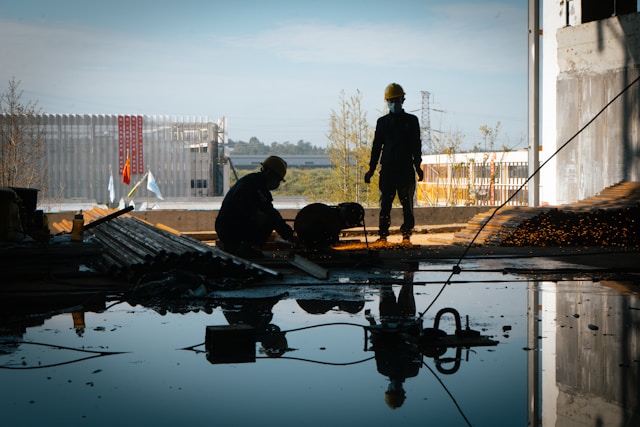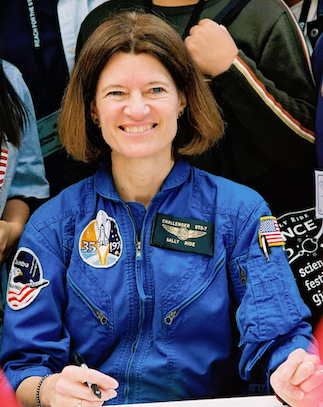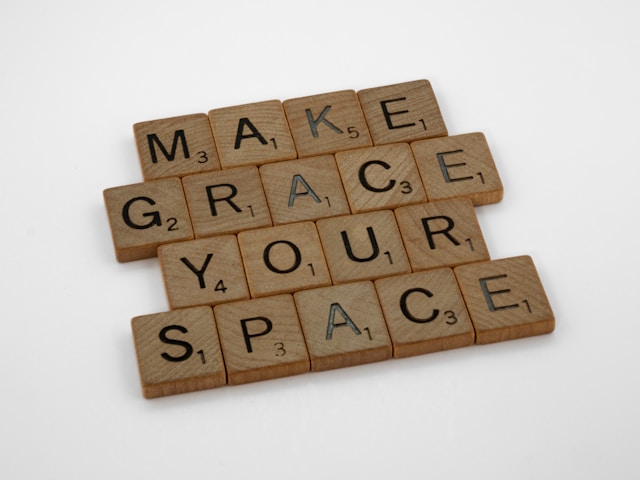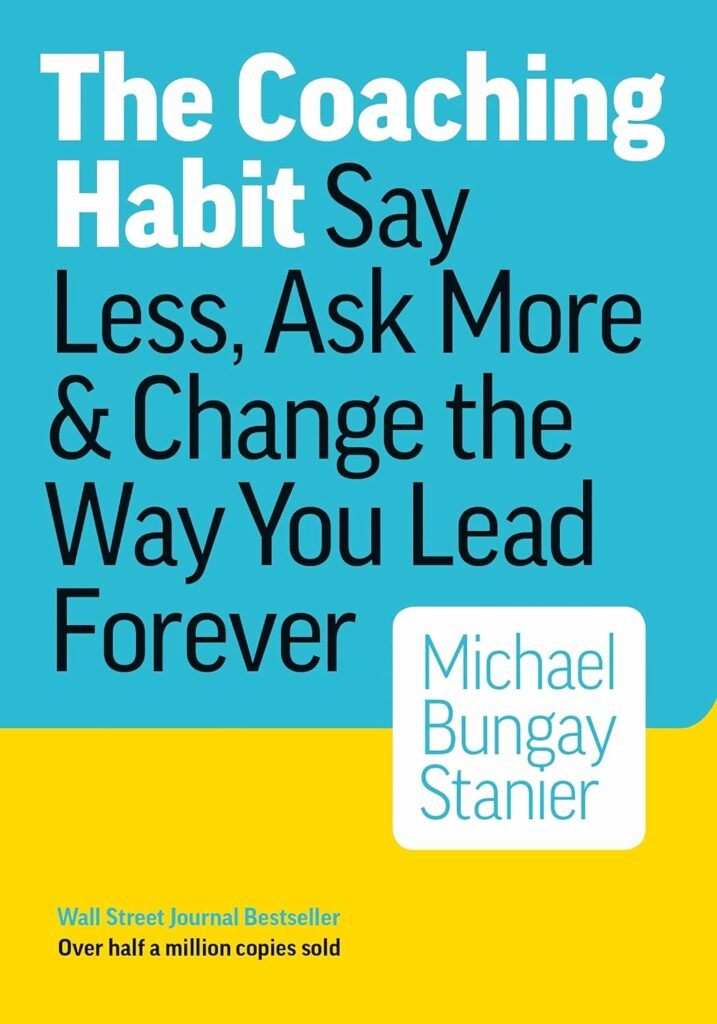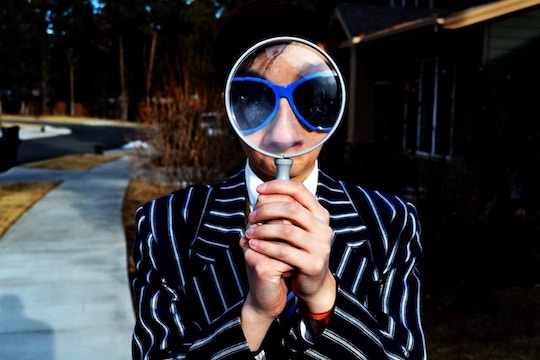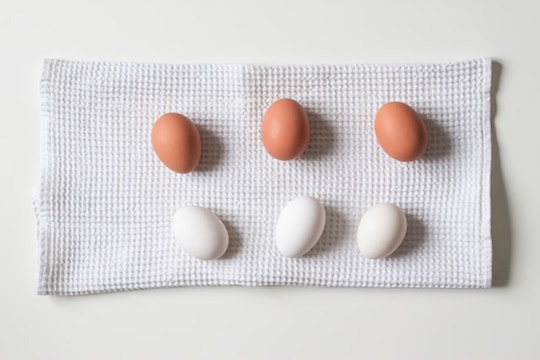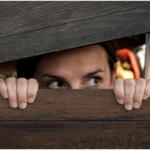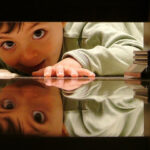When we revisit practices and habits with a beginner’s mind, they often gain greater depth and impact.
—Calm App Reflection
It’s easy to go through the motions — stretching, meditating, eating mindfully, or journaling — doing what’s familiar just because it’s routine.
But when you return to these same practices with a beginner’s mind — curious, open, and unassuming — they come alive again. You notice subtleties once overlooked: the stretch that eases tension more deeply, the flavor that fully blooms, the insight that shifts perspective.
Familiarity can lull us into autopilot, but curiosity transforms it into growth. Every sunrise looks similar, yet no two are the same — and the same is true of our daily habits. Approach your next familiar practice as if for the first time, and you might rediscover its quiet power to change you.
EXERCISE:
Choose a routine activity — like making your favorite beverage or stretching — and deliberately slow down each step. Pay attention to sensations, movements, and thoughts as if experiencing them for the first time.


